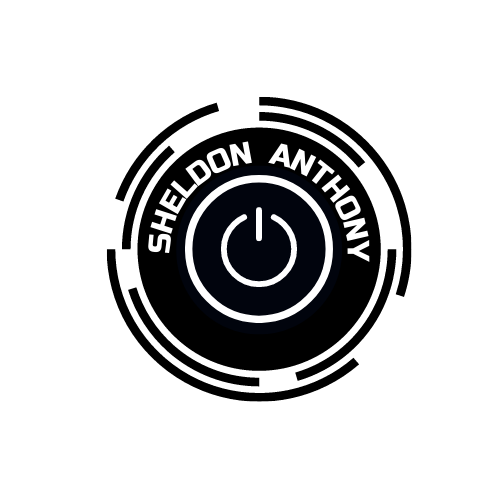
As a business leader, you usually have the bigger picture of what you want to create, build or accomplish in your mind. We usually want to see the bigger picture as a whole coming together with less focus on the little building blocks that make up the full picture. Usually, when we build in this manner our ability to change or adapt to environmental changes is limited or we are unable to respond to change. When we put more focus on the building blocks we can quickly disassemble, swap and reassemble our business products or applications to match any change the world throws at us. Businesses that are zooming in on these little building blocks are enhancing their focus and generating the purpose of survival in the face of uncertainty.
-
Think like a LEGO master builder
We could build flexible applications and products by snapping their components together if only we could think of them as LEGO blocks. One block can mean absolutely nothing on its own but when it fits in with other blocks it can play the most vital role that holds everything together. This way of building things provides a better sense of what the essentials are and what can be substituted. We become more familiar with how pieces work together and we invest ourselves in the design of each component. Focus grows from deep inquiry into the pieces and how they can be used by our businesses. By fitting pieces together that are only needed by our products and applications, they focus on specific customer needs and have less operational overhead. The use of these little building blocks eliminates the need for a single system that could eventually become obsolete.
Unify on a language and don't compromise overall sustainability
In technology, we have covered this element by implementing a messaging protocol specification like SOAP as an example to allow our building blocks to communicate with one another in a standard way. When we have then decided to use the messaging protocol specification we often don't really pay attention to what lies beneath the messaging protocol specification we implemented and usually take on the thought that we can just use about any language we decide to build our building blocks. Just because we can do it shouldn't mean we should do it. This often may cause headaches in the future when it comes to an organization's overall sustainability of its products or applications. You will need strong leaders to defend and guard your organization's overall sustainability in terms of language choice. While it might be possible to deviate and change in certain areas, if the deviations or variations go in too many directions without careful consideration, they could adversely affect the overall sustainability of current and future products or applications.
The focus on little blocks will aid in your generative journey
The evolving habits of our customers are changing every day. Instead of building products and applications that have one specific usefulness, they can now become the building blocks of many use cases. This will eventually aid in your business's generative journey. Where customers no longer have to wait for businesses to innovate but can now snap together specific elements they need and build their own products and applications on the fly. This will aid in making the consumer experience more sorted and easy.
The bigger picture is very important cause this is where your business's vision resides. Only a modular business architecture is viable these days to meet increased customer expectations and improve a company's competitiveness. Taking a modular approach to designing your business's products and applications reduces the dependency on a single system that may become obsolete in the future. Over time, businesses' needs change, which means innovation and adaptability are essential and this is the reason to invest in more composable solutions.





No comments:
Post a Comment